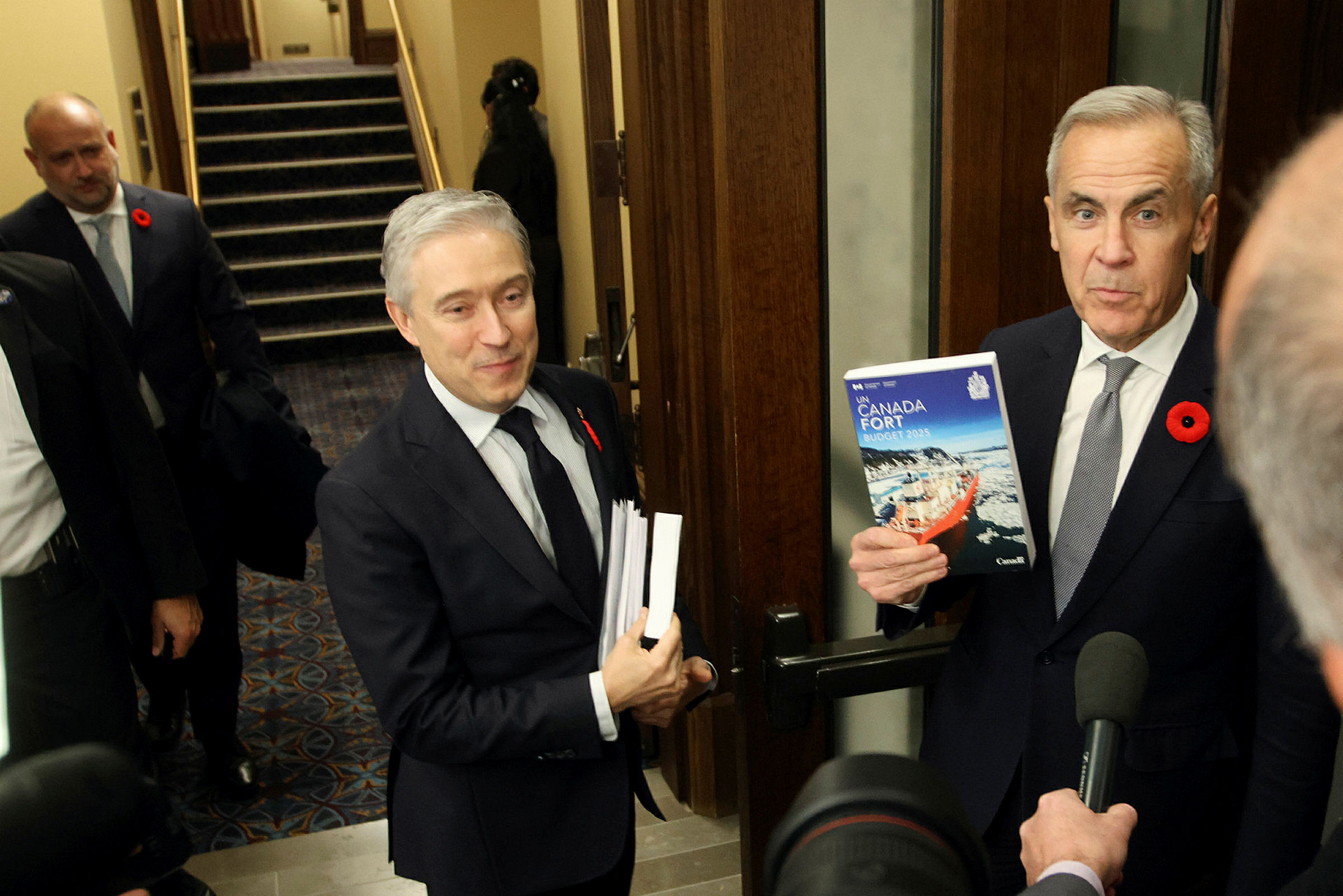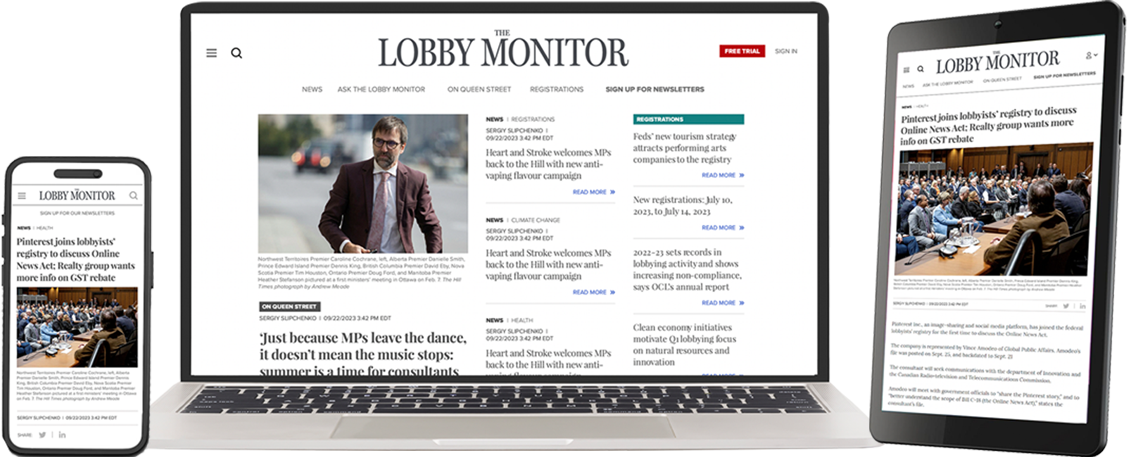Budget 2025: Step in the right direction, but fails to deliver on the ‘hype,’ say lobbyists

The Hill Times photograph by Sam Garcia.
Finance Minister François-Philippe Champagne and Prime Minister Mark Carney following the tabling of Budget 2025 in West Block.
This content is available to lobbymonitor.ca subscribers.
Already a subscriber?
Sign in here
The Lobby Monitor community is passionate, plugged-in and engaged in Canadian politics and policy.
Come inside the bubble. Take a free trial today.
Free Trial


